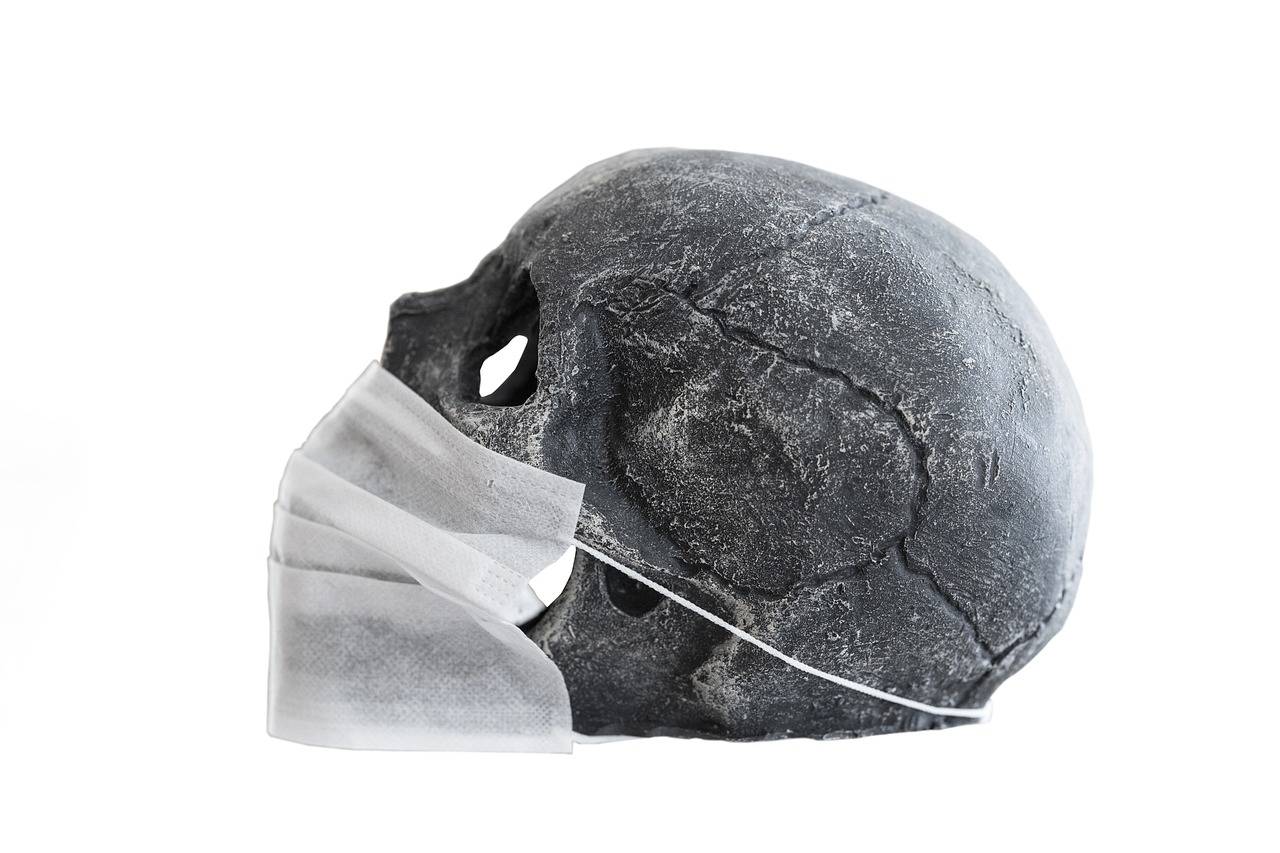The Role of Nutrition in Managing Menopause Symptoms
Menopause is a natural biological process that marks the end of a woman’s menstrual cycles. During this stage, the ovaries gradually decrease their production of estrogen and progesterone hormones. This hormonal shift leads to various changes in the body, signaling the transition into menopause.
Symptoms of menopause can vary widely among women but commonly include hot flashes, night sweats, mood swings, and irregular periods. Other signs may also manifest, such as vaginal dryness, insomnia, and reduced libido. Understanding these symptoms is crucial for women to navigate this transitional phase with knowledge and support.
Impact of Menopause on Nutrition Needs
Menopause brings about changes in a woman’s body that can affect her nutrition needs. During this transition, hormonal fluctuations may lead to a decrease in muscle mass and bone density, necessitating a higher intake of calcium and vitamin D to support bone health. Furthermore, the decrease in estrogen levels can contribute to an increased risk of heart disease, making it important to incorporate heart-healthy foods rich in fiber, antioxidants, and omega-3 fatty acids into one’s diet.
In addition to physical changes, menopause can also impact a woman’s metabolism, causing a gradual decline in the rate at which the body burns calories. This shift may result in weight gain if dietary habits are not adjusted accordingly. To combat this, women may need to be more mindful of portion sizes and opt for nutrient-dense foods that provide essential vitamins and minerals without excess calories. Additionally, staying hydrated and maintaining a balance of carbohydrates, proteins, and healthy fats can help support overall health and well-being during this stage of life.
What is menopause and when does it typically occur?
Menopause is a natural biological process that marks the end of a woman’s menstrual cycles. It typically occurs in women between the ages of 45 and 55.
What are some common symptoms of menopause?
Common symptoms of menopause include hot flashes, night sweats, mood swings, weight gain, and changes in libido.
How does menopause impact a woman’s nutrition needs?
Menopause can impact a woman’s nutrition needs by affecting hormone levels, metabolism, and bone health. As estrogen levels decrease, women may need to adjust their diet to support bone health and maintain a healthy weight.
What are some key nutrients that women going through menopause should focus on in their diet?
Women going through menopause should focus on getting enough calcium, vitamin D, and magnesium to support bone health. They should also prioritize foods rich in phytoestrogens, omega-3 fatty acids, and antioxidants to help manage menopausal symptoms.
How can women going through menopause maintain a healthy diet?
Women going through menopause can maintain a healthy diet by eating a variety of nutrient-dense foods, staying hydrated, and limiting processed foods and added sugars. It’s also important to talk to a healthcare provider or registered dietitian for personalized nutrition guidance during this time.





